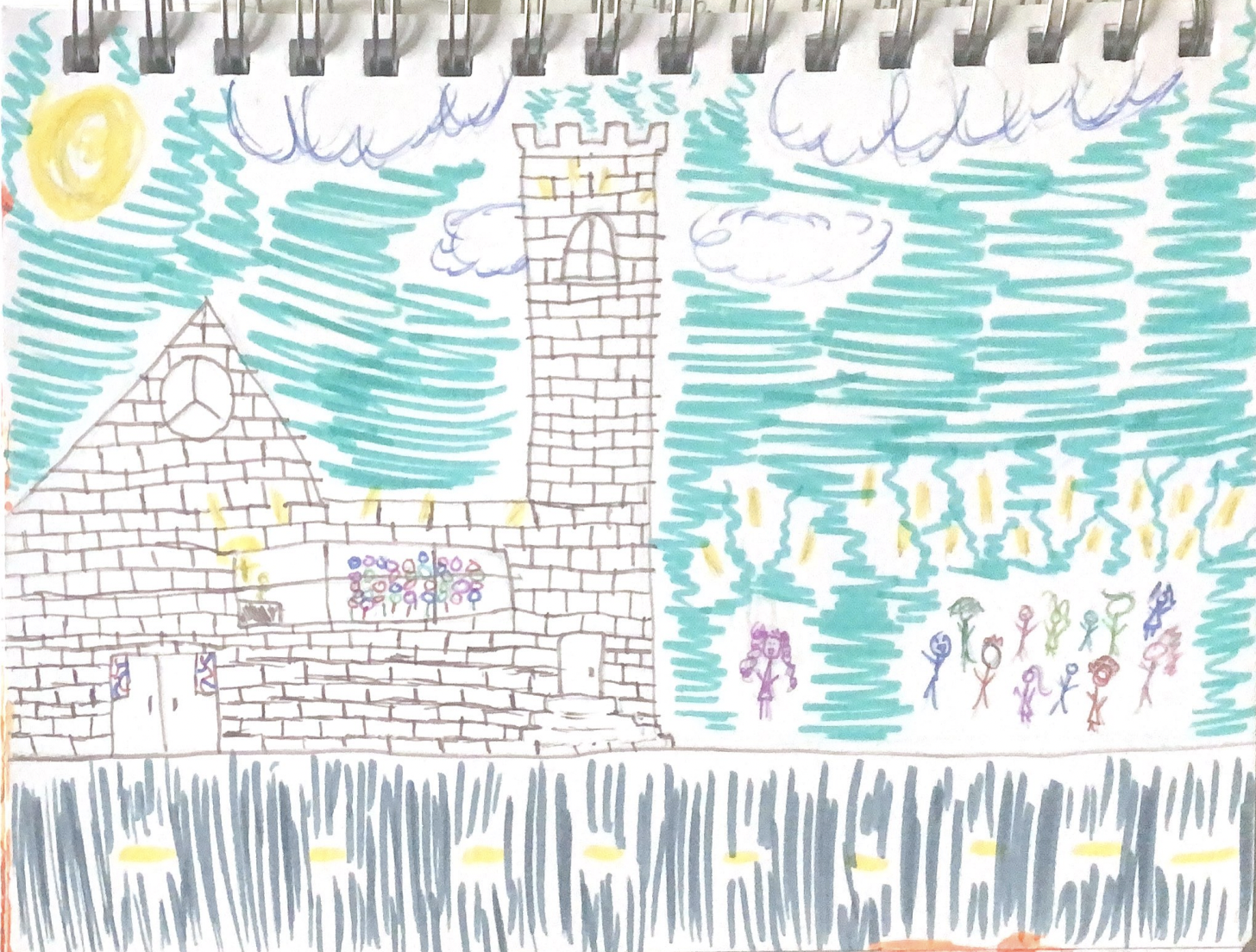Yesenia Rodriguez Blog #3 July 3rd, 2022 - Community ≠ Place; Community = People
Hey everyone!
Hope you everyone has had a fantastic week. I am now halfway through my internship. Time has been going by so fast! It has made me very happy to make it this far, but I also wish time would go by a little bit slower so I could savor the summer before my senior year just a little bit more.
This past Wednesday we had our fourth Devotion and read Chapter 21 of We Cry Justice by Liz Theoharis. The chapter is called “Don’t You Want to Improve your Community” and focuses on how people could gaslight our community into thinking they should not ask questions on “improvements” and should just let the political “leaders” and “expert” officials handle making decisions that directly affect us.
They gave us examples like putting more police in the community to prevent crime and turning the neighborhood into an Art District. This may sound good for the community at first look. I mean who doesn’t want less crime? Who doesn’t want to beautify their community and encourage young artists? But community members couldn’t help but ask elected officials, “Will these police actually be preventing crime, or just harassing our youth?” “How will the proposed art district help current community members without promoting rent increases and pushing these members out? Thus, changing the makeup of the community and gentrifying the neighborhood.” The elected officials and experts did not have the answers to these very valid questions.
This chapter empowered us to rethink what an “expert” actually is. All of us are experts of our own lived experiences. Nobody can take that away from us. We are experts in our communities, not the people who have just read about urban planning, but the people who have lived it for generations and generations down the line. It also reminds me that when thinking about community, we should not be equating community to just a place. Community is the people. Without the people, a community is just a place people move in and out of, when, in reality, it is much more than that. There are ways to develop communities without displacing people! So continue questioning our officials, even if you were the one that elected them into power. Continue questions people in power and take decision-making power back into the hands of the people. By doing this, we can create a community where there is life with dignity and everyone's needs are truly met to meet their full human potential.
Last Wednesday we also practiced prayer through visualization. It was a fascinating practice I hope to incorporate more into my prayer routine. Instead of praying to God and asking for my wants and needs in the future and thanking him for all that he has given me, I was almost building with him when I was making this picture. I drew myself taking people in my neighborhood to the Church. They came from all different walks of life as symbolized by the different colors they are. The Church was packed inside with my Pastor praying for everyone and the community. The Church became a place that was not just a part of the community's Sundays, but every day, where people connected with each other and learned how to build power in our community and get educated on what is truly going on at the higher levels of the political system that they can change together. I’ve attached it below.
This past Friday we learned how the United Methodist Church has practiced advocacy through the church on the national and international stage. It’s pretty cool that UMC has long been taking part in conversations at Congress and the United Nations showing religion and our faith can drive our political engagements and does not have to be separate despite the United States is a secular country. We met with John S. Hill on how the legislative process in Congress works and how we can impact it. We also met with Rev. Levi Bautista and Quinn Wonderling on how Church and Society works with the United Nations on an international level. As an international relations major, it was extremely interesting to me to find out how religious organizations come into play into work at the UN as we often don’t talk about it in class. Hopefully, I get to learn more about the International work UMC does and maybe even visit them in New York across from the UN headquarters!


Comments
Post a Comment